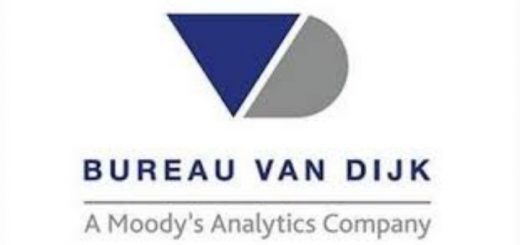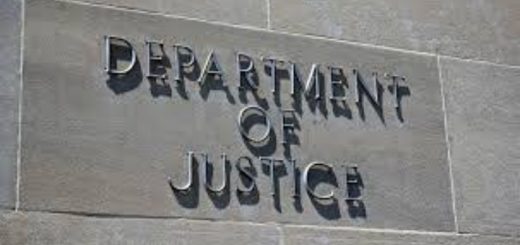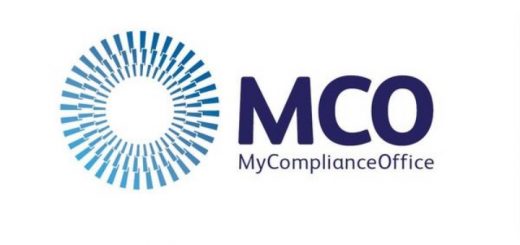Making the Case for Requiring Beneficial Ownership Information
In this era of aggressive enforcement, global companies have to integrate beneficial ownership requirements when conducting due diligence of business associates and when engaging customers. For most businesses, beneficial ownership is critical in two main legal contexts: sanctions compliance and FCPA risk. Both of these areas present significant risks to any US company conducting business overseas, regardless of what industry. Of course financial institutions face...























